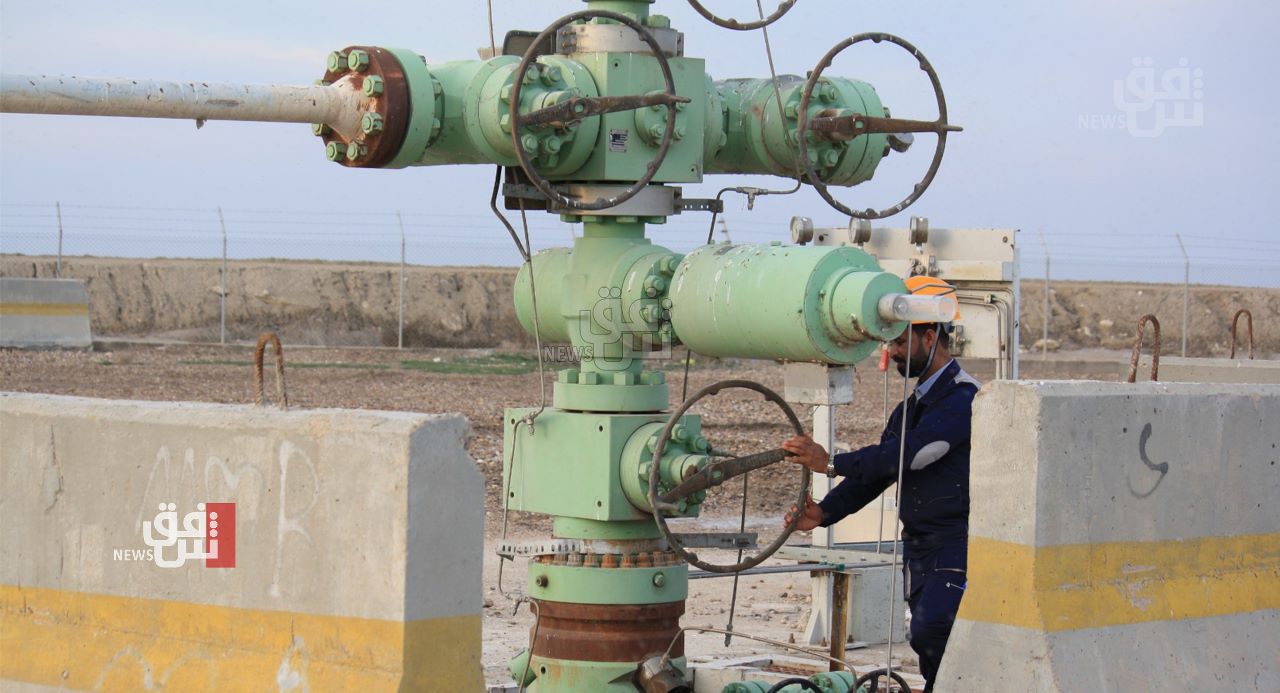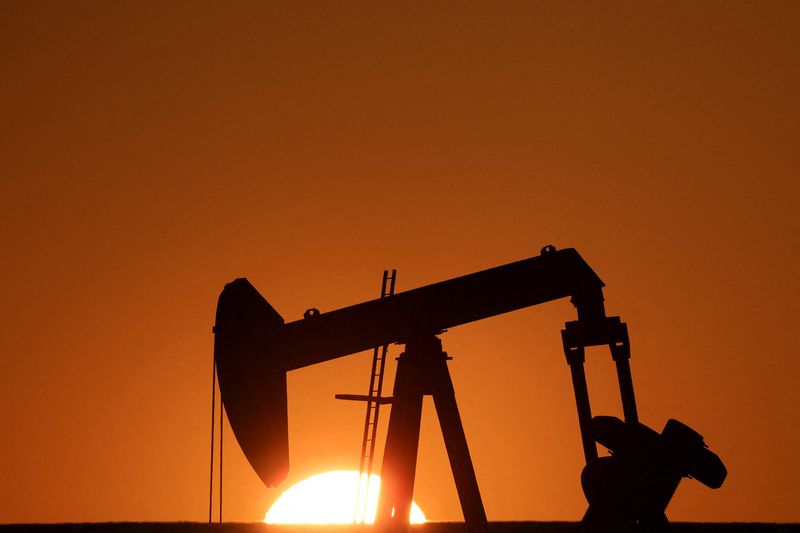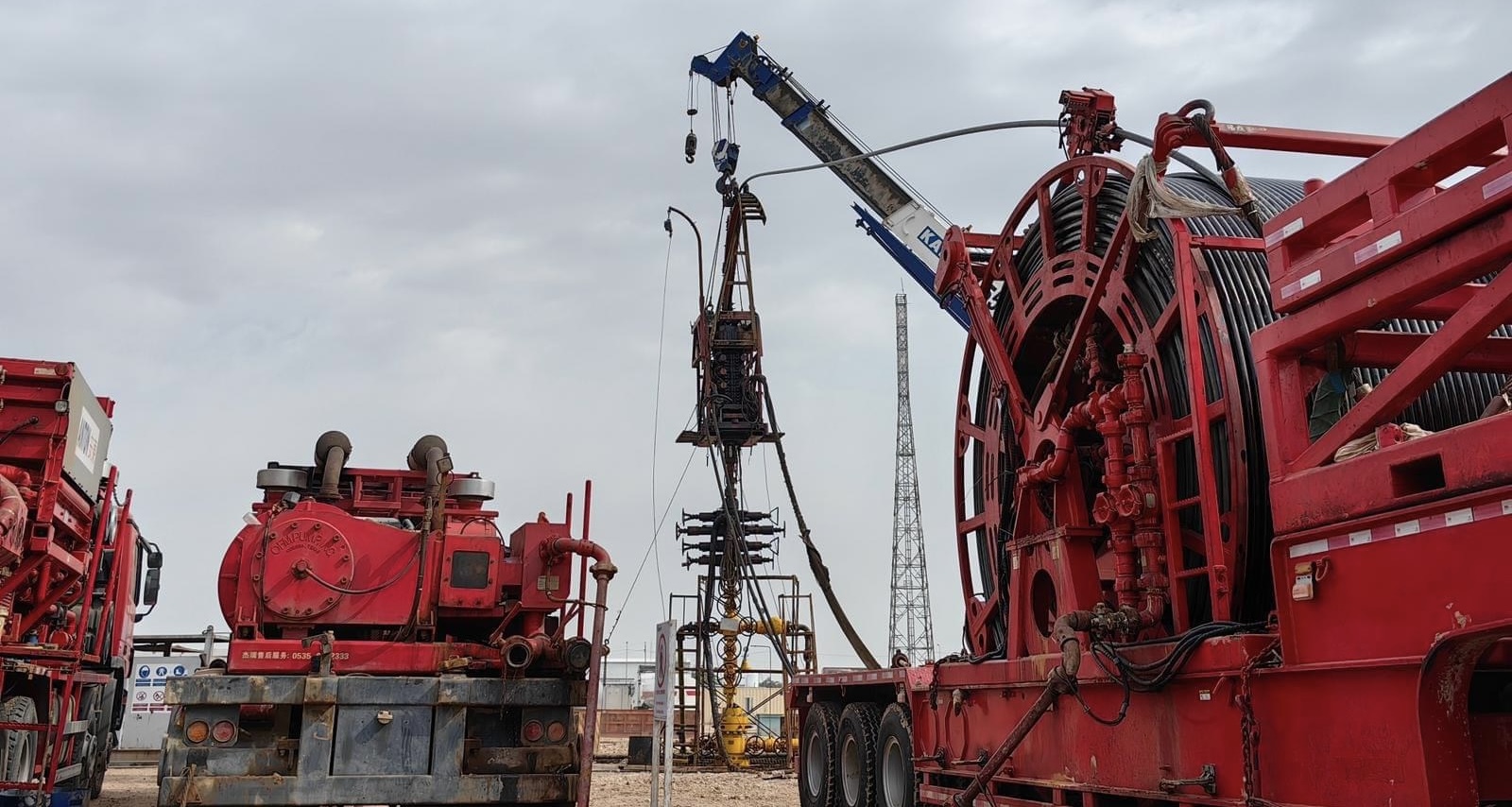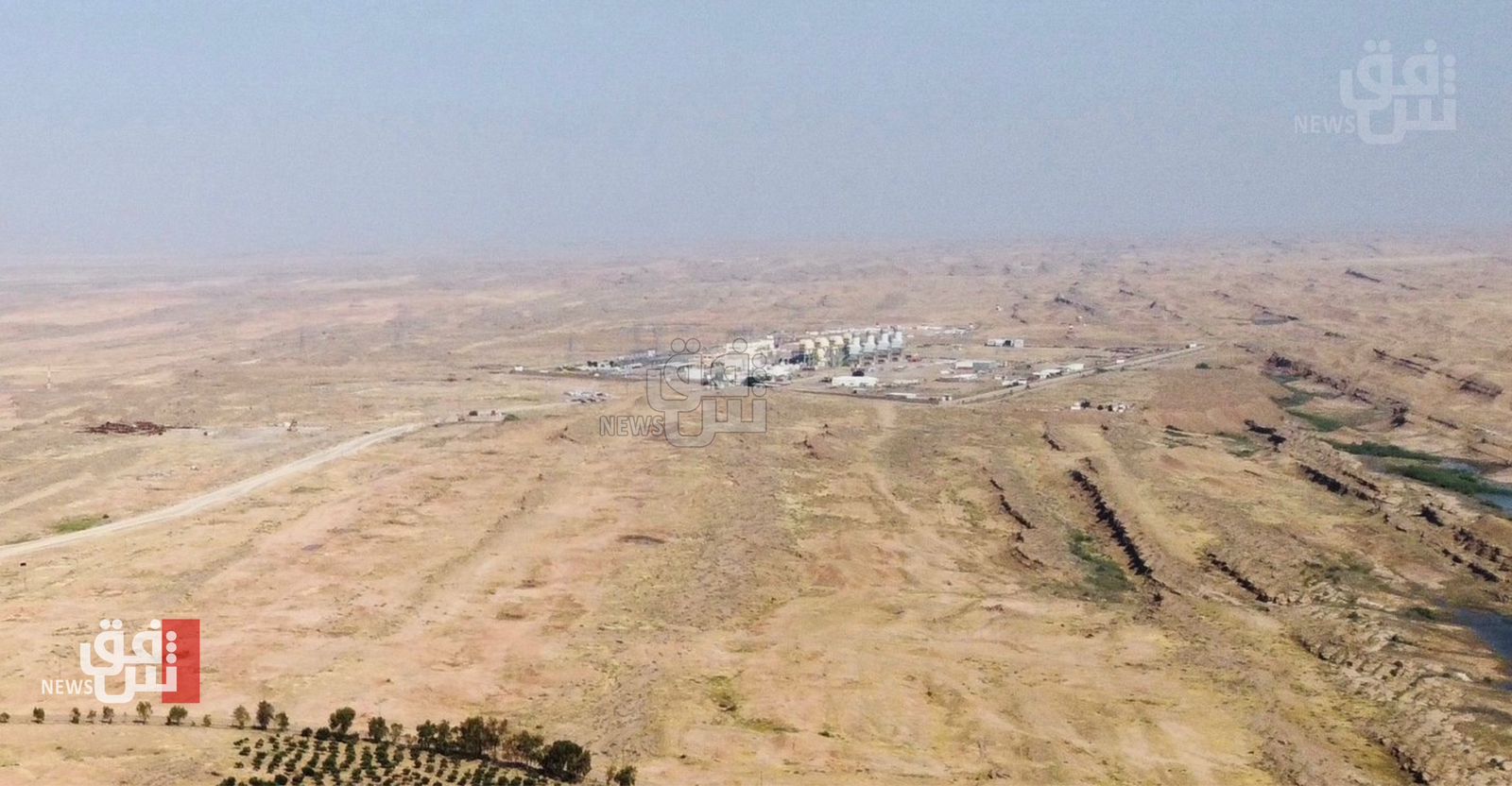Indian minister blames OPEC for oil market volatility
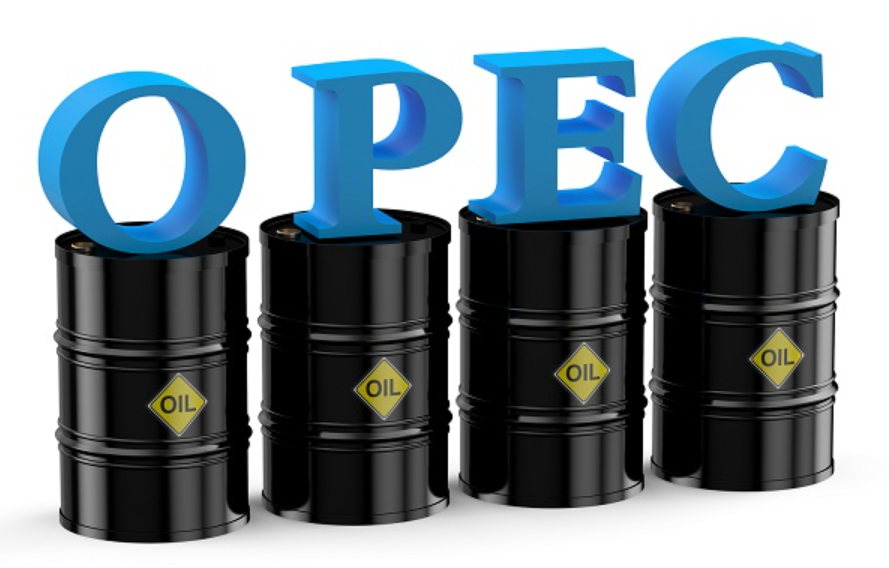
Shafaq News/ Indian Minister of Petroleum and Natural Gas Shri Hardeep S Puri on Friday said the Organization of the Petroleum Exporting Countries (OPEC) is responsible for the current market volatility, not the conflict in the Middle East.
The minister of the world's third-largest crude importer added that oil producers are intentionally reducing and stopping production.
Heightened tensions in the Middle East are piling upwards pressure on oil and gold, as well as other key commodities, the World Bank has said.
While fears of an escalation in Middle East tensions resulting in an sharp rise in inflation is not new, the international lender, in a report on Tuesday, offered a disheartening perspective on how surging commodities could lead to a more frustrating battle in taming prices.
In its latest World Commodity Markets Outlook, the World Bank said a fall in commodity prices, which play a critical role in reducing inflation, had “essentially hit a wall” and could result in higher-for-longer interest rates.
The report comes as hotter-than-anticipated inflation data in the US points to a delay in interest rate cuts, which would also signal a delay in interest-rate cuts for the UAE and Saudi Arabia.
“The world is at a vulnerable moment: a major energy shock could undermine much of the progress in reducing inflation over the past two years”, said Indermit Gill, the World Bank Group’s chief economist and senior vice president.
The projections also come as the International Monetary Fund warns about weaker global growth.
Although the multilateral lender slightly raised its global growth forecast to 3.2 per cent this year, that growth is expected to be concentrated more in the US than in China and other emerging markets.
A striking divergence is emerging between global growth and commodity prices.
Overall commodity prices are expected to slightly decline this year and in 2025, but to still remain 38 per cent above pre-pandemic levels. However, oil is set to increase by 2 per cent this year.
“Despite relatively weaker global growth, commodity prices will most likely remain higher in 2024-25 than in the half-decade before the COVID-19 pandemic,” said Ayhan Kose, the World Bank Group’s deputy chief economist and director of the Prospects Group.
Brent crude oil is projected to average $84/barrel this year before declining to $79/barrel in 2025, the World Bank said, assuming supply is not disrupted by Middle East conflict.
Brent crude oil closed at $87.95 on Wednesday. Brent rose past $91 per barrel last month.
Should Middle East tensions escalate, disruptions could see the average Brent price reach $92 per barrel this year. An even more significant disruption would bring Brent prices to $100 per barrel, the World Bank said.
Increasing supply from the US is also expected to expand oil production this year by 0.8 millions of barrels per day as Opec is set to decrease its production, the World Bank said. Oil demand growth is forecast to slow further in 2025.
In addition to conflict in the Middle East, climate change and lower US energy supply are both seen as upside risks this year. Higher Opec supply and weaker global growth are seen as the two key downside risks.
European natural gas prices are expected to fall 28 per cent in 2024 before slightly rebounding in 2025. In the US, natural gas prices are expected to sharply climb next year due to new liquefied natural gas terminals.
Escalating tensions in the Middle East could also drive up the costs of natural gas, fertilisers and food, the report said.


